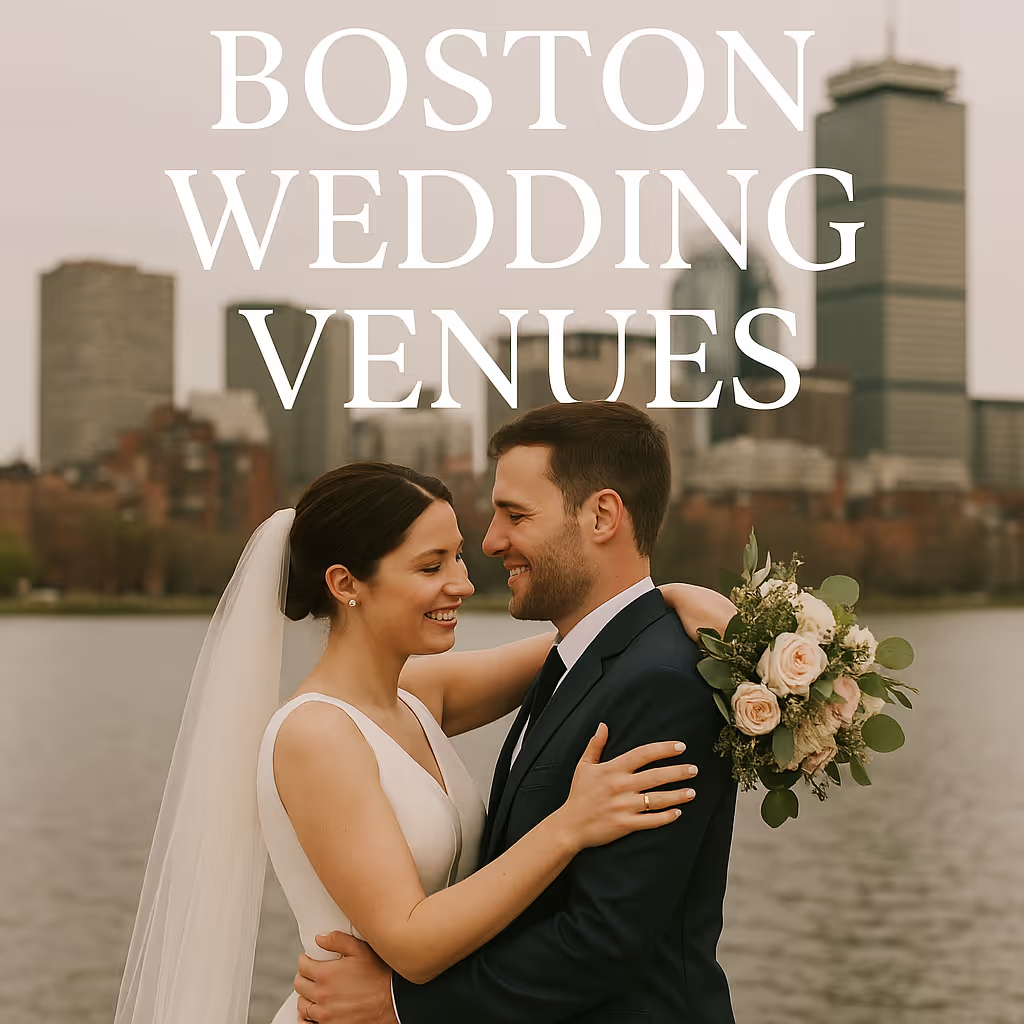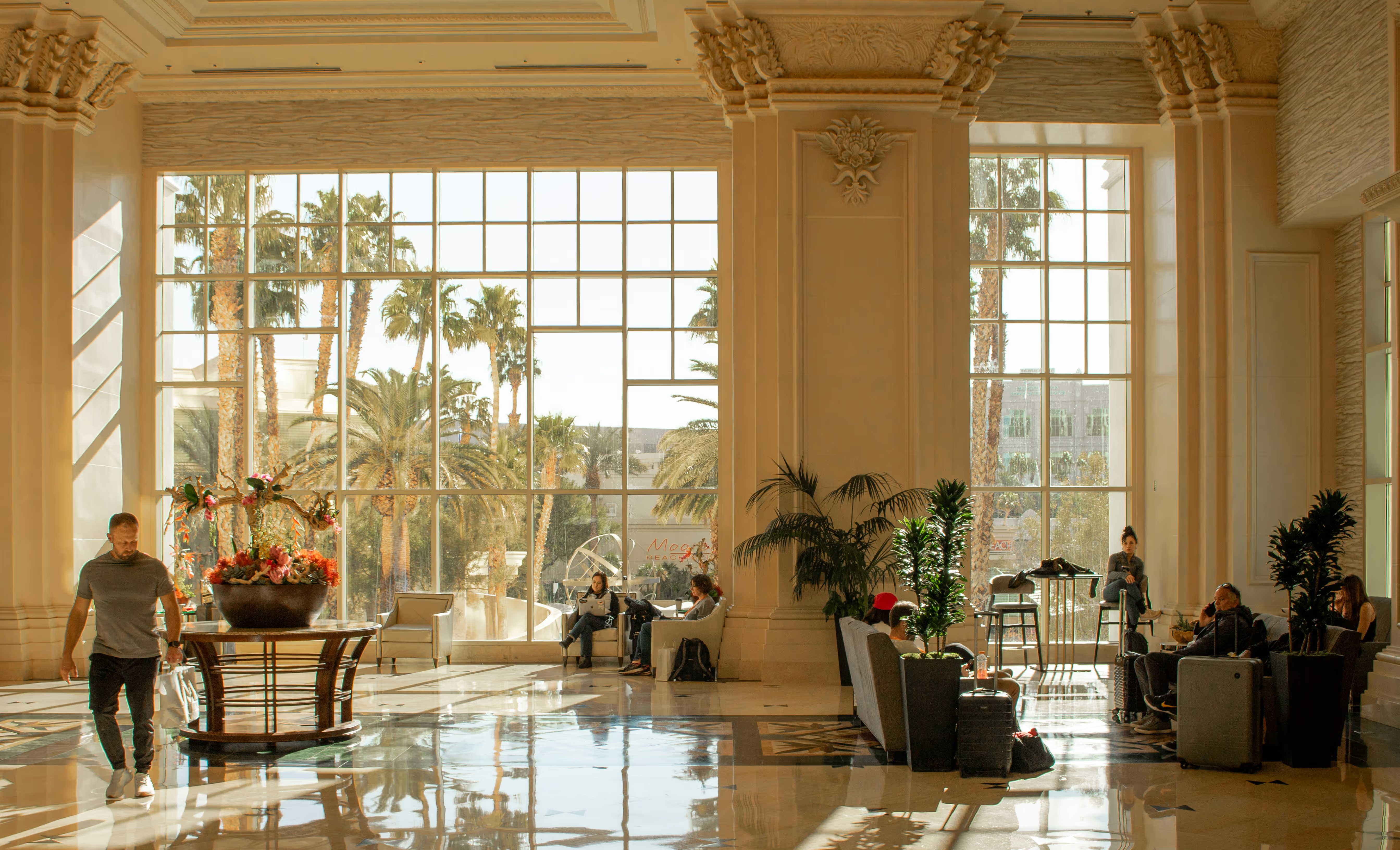What are boutique hotels? A booking guide for business trips

Boutique hotels are a stylish, intimate alternative to large chain hotels. With fewer rooms, more personalized service, and unique hotel designs often inspired by local culture, they’re a favorite among modern travelers—especially people traveling on business.
In this guide, we’ll explain what boutique hotels are, highlight top examples, and share why business travelers keep coming back.
What’s a boutique hotel?
Boutique hotels are small, luxury-style accommodations known for personalized service, distinctive interior design, and strong connections to the local area. Most boutique hotels have between 10 and 100 rooms and feel more like upscale homes than corporate resorts.
For business travelers, boutique hotels offer a peaceful and curated environment—ideal for winding down between meetings, staying productive in inspiring spaces, or enjoying a slice of the city’s culture without setting foot off the property.
4 requirements for a hotel to be boutique
We’ve covered some of the things you’ll usually see in this type of lodging. But what actually defines a boutique hotel? Here are the four main differentiators.
Rooms
Boutique hotel rooms are never cookie-cutter. Many feature era-inspired décor, high-end furnishings, or even thematic room-by-room designs. Think velvet armchairs, freestanding tubs, or curated libraries—no two rooms are the same.
Amenities
Expect more than just Wi-Fi and a mini fridge. Boutique hotel perks often include things like chef-prepared meals, custom toiletries, late checkout, pet-friendly policies, pillow menus, complimentary snacks, and on-site entertainment.
Decoration
These hotels are known for style. You’ll often find bold design choices, like art galleries in the lobby, rooftop gardens, or cozy lounges with fireplaces. Every corner is designed to be both functional and memorable.
Location
Boutiques thrive in vibrant neighborhoods. Whether in a historic district, arts hub, or trendy downtown core, the hotel’s location is part of its charm—most are close to restaurants, shops, and cultural landmarks that are popular with travelers.
Examples of boutique hotels
The Curio Collection by Hilton Hotel
Hilton’s Curio Collection blends boutique vibes with brand reliability. Each location has its own identity. For example, Hotel Saski Krakow in Poland occupies a former concert hall in the city square, combining classical architecture with modern hospitality—ideal for business travelers seeking a mix of culture and convenience.
Kimpton Hotels
With more than 75 hotels worldwide, Kimpton is a standout boutique brand. From Bangkok’s sleek architecture to Atlanta’s proximity to nightlife, each location reflects its surroundings and offers thoughtful amenities like yoga mats, bikes, and wine tours, perfect for blending work and leisure.
Bedford Boutique Hotel
The Bedford in San Francisco is often credited as one of the first true boutique hotels. It remains a strong example of boutique hospitality: With locally inspired design, comfortable yet upscale accommodations, and a quiet retreat from the bustle of downtown, it’s ideal for business trips that call for style and substance.
Why business travelers love boutique hotels
For business travelers, the right hotel is more than just a place to sleep—it’s a space to recharge, focus, and feel inspired. That’s why many professionals are choosing boutique hotels over big-box chains. These properties blend comfort with character, offering personalized experiences that make work trips feel a little less like work.
Touch of luxury
Even without the glitz of five-star resorts, boutique hotels offer refined touches. Plush bedding, spa services, curated mini bars, and beautifully designed spaces are the perfect recipe for relaxing, networking, and even getting comfortable for an extended stay.
A quiet retreat
With fewer rooms and more like-minded guests, boutiques are generally quieter than large resorts. That means fewer distractions, no long elevator waits, and the perfect setting for focus or rest.
A sense of place
From the art on the walls to the locally sourced ingredients in your breakfast, everything about a boutique hotel reinforces the spirit of the city you’re in. Even if you’re in town for work, you’ll still feel connected to the destination.
Immersion with local culture and cuisine
Most boutique hotels partner with nearby businesses or offer insider recommendations. Some even host walking tours or cultural nights, helping guests easily explore their surroundings.
Unique amenities and a one-of-a-kind, memorable getaway
No two boutique hotels are the same. One might charm you with a 1920s-style suite, while another offers a rooftop terrace that doubles as your workspace. The only thing every boutique hotel has in common is an experience that’s anything but ordinary.
Book your next boutique hotel through Engine
A stay at a boutique hotel doesn’t have to break your business travel budget. With Engine, you can access unbeatable rates on boutique accommodations, often saving up to 60%.
Start booking with Engine today to search over 700,000 properties, including top-rated Bedford hotels, luxury resorts, and historic boutique hotels in destinations around the globe.
FAQs
How are boutique hotels different from bed and breakfasts or traditional inns?
While boutique hotels and bed and breakfasts (B&Bs) offer a more intimate experience than chain hotels, boutique hotels tend to emphasize high-end design, modern amenities, and curated guest experiences.
B&Bs usually operate out of private homes, often with shared spaces and home-cooked meals, while boutique hotels are professionally run properties that lean into style and uniqueness, often offering a sense of luxury.
Inn quality can vary, but they typically prioritize comfort over design and may lack the localized flair that boutique hotels are known for. In the hospitality industry, boutique hotels are like the stylish younger siblings of B&Bs: equally warm and welcoming, but more focused on modern conveniences, personalized service, and creative environments that reflect the surrounding neighborhood or city.
Are boutique hotels part of larger brands, or are they always independent?
Boutique hotels were once almost exclusively independent, but that’s changed in recent years. Major hotel brands like Hilton, Marriott, and Hyatt have launched boutique-style chains like the Curio Collection, Autograph Collection, and Thompson Hotels. These properties aim to offer the charm and individuality of an independent boutique while providing the loyalty perks, booking convenience, and consistent service standards of a larger brand.
Many boutique hotels still operate independently or under smaller management groups. The key difference lies in how these properties embrace individuality, regardless of ownership. Brand-affiliated boutique hotels still prioritize style, locality, and personality, even if they benefit from corporate support behind the scenes.
Do boutique hotels offer loyalty programs or rewards like larger chains do?
Some boutique hotels do offer loyalty programs, but it depends on whether they’re independently operated or affiliated with a major brand. If a boutique is part of a larger hotel group (like Marriott’s Autograph Collection or Hilton’s Curio Collection), you can often earn and redeem points just like you would at other properties in the chain.
Independently owned boutique hotels may not have points-based programs, but they tend to build loyalty through exceptional service, personalized perks, or returning guest discounts. You might get a complimentary bottle of wine on your second visit or a free upgrade if you book directly. While the benefits may be more bespoke, boutique hotels still reward customer loyalty in meaningful ways.
Are boutique hotels suitable for hosting business events or meetings?
Yes, many boutique hotels are surprisingly well-equipped for business travel and events. While their intimate size might suggest a leisure-only vibe, many offer boardrooms, co-working lounges, and private event spaces for small to mid-sized groups. Boutique hotels appeal to business travelers seeking a break from sterile conference centers, providing a more relaxed, stylish atmosphere that still supports productivity.
Imagine rooftop meeting spaces, creatively designed breakout rooms, and tech-friendly lounges that double as client-friendly cafes. Because service is more personalized, staff are typically quick to accommodate custom requests or last-minute changes. That’s why boutique options are often an excellent fit for off-site retreats, team brainstorming sessions, or simply getting work done in an inspiring setting.










.jpg)




.avif)









.jpg)








.avif)

![What is an OBT? [+ Why They Matter]](https://cdn.prod.website-files.com/66a41388b1be9ba182f1e80c/66f97c4190ac5e26bea90c05_66a41388b1be9ba182f1efc0_online-booking-tool.avif)


